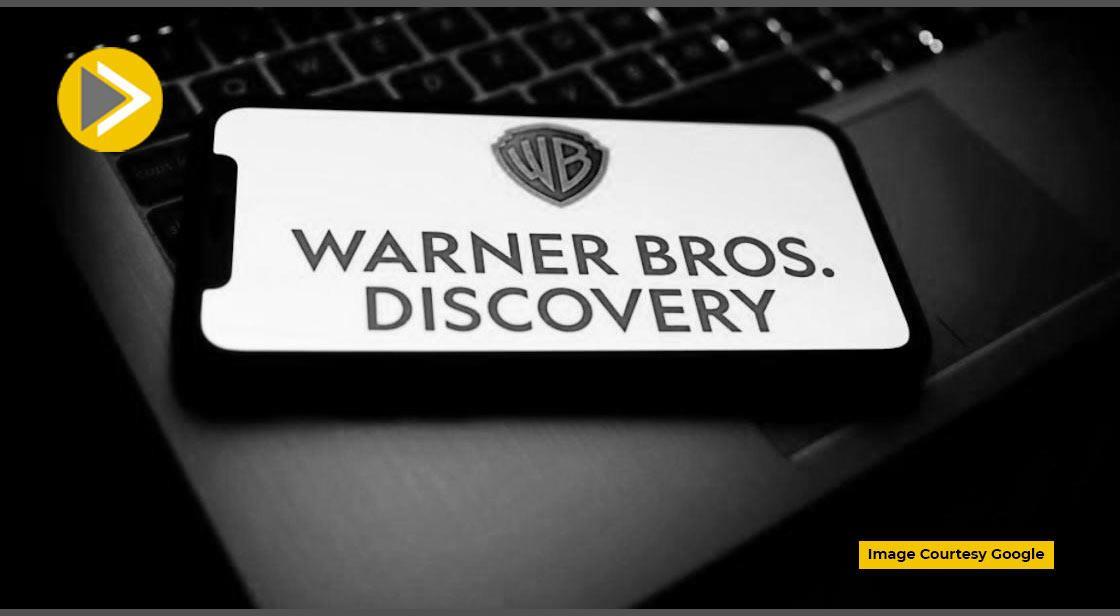Warner Bros. Discovery Called to Auction – What It Means for Hollywood’s Future

News Synopsis
In 2019, the mood in Hollywood turned somber when 20th Century Fox ended its 84-year run as a stand-alone studio — for the jobs lost, for the proud legacy ended. But this time the sense of bereavement is sharper, more personal. Because this week, it is Warner Bros. — referred to simply as “Warners” by many in the industry — heading to auction.
The studio, with a 102-year history, was once regarded as resilient enough to weather the shifting tides of the media era. Yet now, even it looks vulnerable. “To lose Warners as a stand-alone studio would be heartbreaking,” said Oscar-winning producer Dan Jinks.
From Stand-alone Powerhouse to Asset on the Block
Warner Bros. has changed hands many times over the decades. In 2018, AT&T acquired Time Warner for US$85.4 billion, taking control of Warner Bros. and its assets. Later, in 2022, it became part of Warner Bros. Discovery.
Over the spring and summer of 2025, the studio enjoyed one of its best box-office seasons in its history — with seven consecutive hits, including Sinners by Ryan Coogler, which is expected to figure strongly in the upcoming Academy Awards.
On Tuesday, however, Warner Bros. Discovery effectively hung a “For Sale” sign on the business, saying it was considering a sale of some or all of the company, following unsolicited interest from potential bidders including Paramount Skydance, Comcast (owner of Universal Pictures) and Amazon Studios (owner of MGM).
This shifts the once-unthinkable possibility — the end of Warner Bros. as a standalone studio — into the realm of serious likelihood.
Why the Emotion Runs Deep in Hollywood
More than almost any other movie company, Warner Bros. symbolises the romance of “Old Hollywood”. Stars like Bette Davis and James Cagney performed on its famed sound-stages. Its film library includes classics such as Casablanca, The Maltese Falcon, Bonnie & Clyde, 2001: A Space Odyssey, Dirty Harry, The Shining and Chariots of Fire.
Film historian Sam Wasson noted: “Warner Bros. also hits harder because it was run in the not-so-distant past by men that protected filmmakers — Bob Daly, Terry Semel, Alan Horn, Steve Ross.” The suggested loss of such an institution therefore reverberates far beyond mere corporate strategy.
When Fox fell to Disney in 2019, Hollywood had already largely accepted the path. But Warner’s potential demise comes amidst a far more precarious climate: streaming disruption, shrinking box offices, rising production costs overseas and the looming threat of artificial intelligence upending creative jobs.
A Changing Entertainment Economy and Why It Matters
In 2018, the North American box office hit a record US$12 billion, buoyed by global hits such as Black Panther and Bohemian Rhapsody. That massive tidal wave of cash helped studios leverage streaming expansion, big production slates and global ambitions.
Fast-forward to today: the “Peak TV” and streaming gold rush have begun to deflate. Production is increasingly moving outside the U.S., driven by lower labour costs and richer tax incentives. Many Hollywood insiders fear that the rise of AI could further undermine creative jobs and workflows. Meanwhile, regulatory and cultural pressures are mounting, making the environment even murkier.
In this context, the potential breakdown of Warner Bros. as a standalone entity becomes a powerful signal: once-mighty studios can no longer assume insulation from structural change.
What’s Next? Buyers, Break-ups and Industry Fallout
As the board of Warner Bros. Discovery begins a “comprehensive review of strategic alternatives” — including continuing the planned separation of Warner Bros. and Discovery, or pursuing a full sale or piecemeal spin-off — the wider industry braces for significant ripple effects.
Potential buyers reportedly include Paramount Skydance, Comcast, Amazon, Netflix and even Apple. The scale and complexity of any deal would have to grapple with Warner Bros. Discovery’s roughly US$35-billion debt load.
Unions have already signalled their intent to “work with regulators to block the merger,” underscoring the stakes for labour, regulation and creativity alike.
Conclusion
For decades, Warner Bros. stood as a pillar of Hollywood’s creative and industrial might. Its library, its legacy, its identity became almost synonymous with the movies themselves. Now, as the company that oversees it—Warner Bros. Discovery—prepares to explore its future via sale or breakup, the question looms: will this be the final act for modern-day studio independence?
Even if a transaction is not finalised immediately, the mere fact that Warner Bros. is on the auction block serves as a potent emblem of an industry in flux. As one veteran producer lamented, “With Fox gone, this is like another death in the family.” In that sense, Hollywood isn’t just looking at a corporate transaction — it’s watching the end of an era.
You May Like









